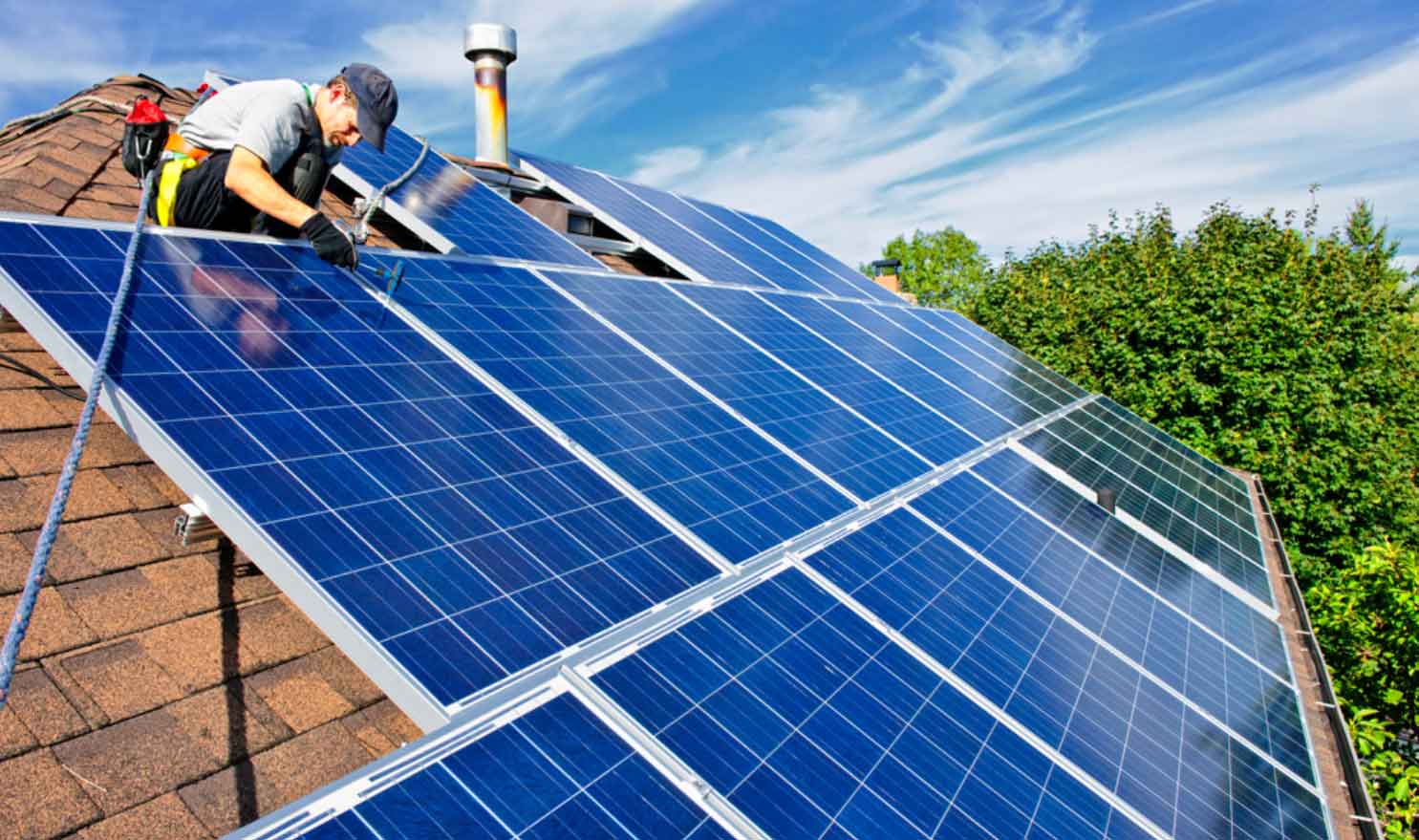
The economics of solar panels are influenced by various factors, including installation costs, savings on electricity bills, and return on investment (ROI) over time. Here’s a breakdown of the key aspects of the economics of solar panels:
Cost Analysis:
- Installation Costs: The upfront cost of purchasing and installing solar panels includes the cost of the panels, inverters, mounting hardware, and labor. Costs vary depending on the size of the system and the quality of the components.
- Incentives and Rebates: Many governments offer incentives, such as tax credits or rebates, to encourage the installation of solar panels. These incentives can significantly reduce the upfront cost.
- Financing Options: Financing options, such as solar loans or leases, can help spread out the cost of solar panel installation over time, making it more affordable for homeowners and businesses.
- Maintenance Costs: Solar panels generally require minimal maintenance, but there may be costs associated with cleaning, monitoring, and occasional repairs.
Savings:
- Electricity Bill Savings: Solar panels generate electricity that can be used to offset electricity purchased from the grid. This can result in significant savings on electricity bills, especially in areas with high electricity rates.
- Net Metering: Many utility companies offer net metering programs, which allow solar panel owners to receive credit for excess electricity generated by their panels that is fed back into the grid.
- Energy Independence: By generating their own electricity, solar panel owners can reduce their reliance on the grid and protect themselves from rising electricity costs.
Return on Investment (ROI):
- Payback Period: The payback period is the amount of time it takes for the savings on electricity bills to equal the upfront cost of installing solar panels. Payback periods typically range from 5 to 15 years, depending on factors such as location, system size, and incentives.
- Lifetime Savings: Over the lifetime of the solar panels (usually 25 years or more), the savings on electricity bills can far exceed the upfront cost of installation, resulting in a positive ROI.
- Property Value: Solar panels can increase the value of a property, further enhancing the ROI.
Conclusion:
While the upfront cost of installing solar panels can be significant, the long-term savings on electricity bills and the potential for a positive ROI make solar panels a cost-effective investment for many homeowners and businesses. With the availability of incentives, financing options, and the rising cost of electricity from the grid, solar panels continue to be a financially attractive option for those looking to reduce their energy costs and carbon footprint.
